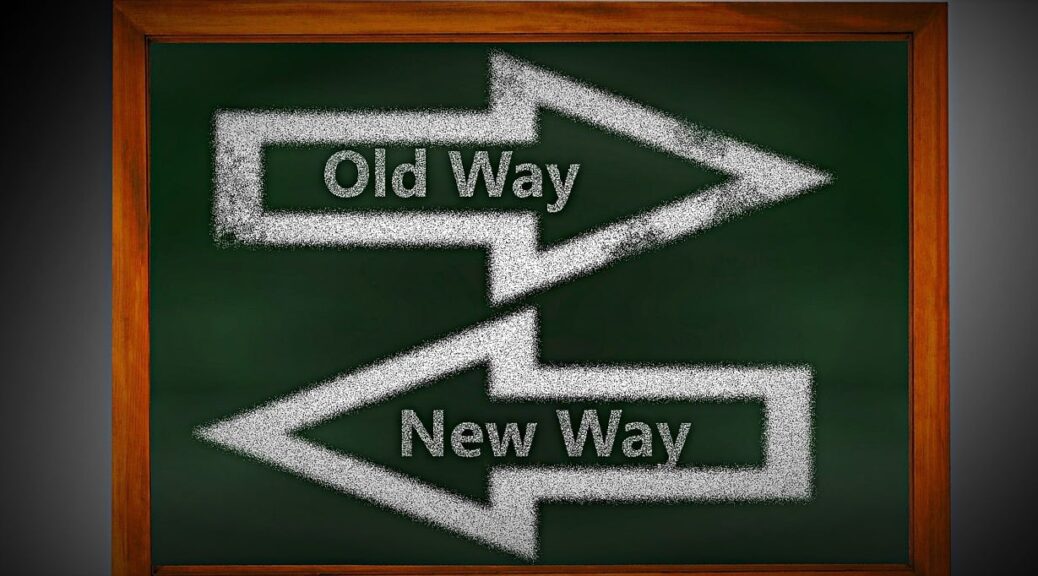Both my past and my future were on full display before me – literally. My past in the form of the dorm I once lived in as a freshman at NC State University. I could not only see the dorm, but even more specifically, I could see the suite door which held my former dorm room and so many memories. Through the very same diminutive, bar-covered jail cell window, I could also see my future – the formidable, infamous Central Prison which housed Death Row. It was certain to be my next, and possibly final, residence. Though both locations were separated geographically by less than a mile, just like my past and future, the prison and the university were as far apart in tenor as the east is from the west.
Four years earlier, amidst excitement and expectation, my parents had helped me move into that college abode. A full academic scholarship had opened the proverbial door of opportunity for a quality education at an esteemed university, only to later be slammed shut by my choices to party and sell drugs; at the time, I thought it forever closed, locked and barred. Facing a life sentence, or even a death sentence, a tutorial on doing time from ‘Old Heads’ was the only education I envisioned in my future.
Yet, even when education seemed only a dream withered on the vine, two seeds were planted without me realizing their concealed potential. First, assured of many years in prison ahead and the consequent need for a substantial support system, I committed to writing to everyone who sent me a card, letter, book, magazine, money or any other form of support. If they only signed their name, I would still write a full letter. Even if they did not write for a while, I would keep writing. I had always despised writing, procrastinating until the night before a paper was due, but the pledge to be the preeminent penpal developed a habit and then an aptitude for writing. The informal portion of my education in the carceral environment had begun.
The other seed came in the form of my need for a distraction from the immeasurable stress of awaiting trial. I picked up a book, hoping John Grisham’s novel, The Brethren, could divert my thoughts for just a little while. Each page turned took my mind further and further away from the claustrophobia-inducing concrete walls. A love of reading quickly sprouted, helping me escape the inescapable confines of the dim jail cell.
I devoured book after book, John Grisham, James Patterson, Nelson DeMille, Robert Ludlum and David Baldacci. I moved on to Jeffrey Archer, Pat Conroy, Nicholas Sparks, and Charles Martin, then worked my way through the classics, Les Miserables, Crime and Punishment, Gone With The Wind, Great Expectations and The Count of Monte Christo.
Aldous Huxley, author of Brave New World, The Doors of Perception and The Island (I read all three, of course) advised, “Every man who knows how to read has it in his power to magnify himself, to multiply the ways in which he exists, to make his life full, significant and interesting.” My love of reading has given me the power to magnify myself. Reading of events through history, biographies and historical fiction taught me about the world, past and present. Self-help books, like The Power of Positive Thinking and The 7 Habits of Highly Effective People, helped shape and mold me into a person defined by values-based character.
Reading has enhanced all aspects of my existence. A pile of dog training books guided me in becoming a skilled dog trainer, giving me the ability to pursue a labor of love and purpose. I loved working with dogs rescued from local shelters, teaching them basic obedience and a variety of tricks, giving them the love and skills to forever change their and their future owner’s lives, and teaching others to do the same. John Maxwell’s books on leadership and communication equipped me to mentor other dog trainers on doing time in prison positively, and succeeding despite obstacles. These undertakings gave my life purpose, a powerful tool in a place typically defined by a void of purpose. Twelve hundred books and countless words penned later, the informal, yet extensive education in reading and writing has helped make my life full, significant and interesting.
Five years ago, long after I had abandoned all hope of finishing my formal education, I was selected as a member of the inaugural class of the North Carolina Field Minister Program and enrolled in the College at Southeastern Baptist Theological Seminary. In December of 2021, I graduated summa cum laude with a Bachelor’s in Pastoral Ministry, and a minor in counseling. The informal education in reading and writing helped me not only excel in the world of academia, but also tutor others and institute formal programs along the way. I helped found an onsite Learning Center at the prison extension campus, launched a publication to represent the program as the editor and a writer, served on the Student Advisory Council, wrote a Writing Guide for incoming freshman, gave a speech at a Convocation, presented virtually at a national conference for higher education in prison, was published in a legal journal, and co-authored legislation for criminal sentencing reform.
Oprah Winfrey reasoned, “Luck is preparation meeting opportunity.” When I looked out of that jail cell window, I thought my relationship with education was severed forever. However, even at that moment the seeds of an informal education in reading and writing were planted. Those seeds germinated, grew, and blossomed in the barren-looking concrete prison soil, preparing me to excel when the opportunity for a formal education came along. Education has yielded considerable fruit in my person and my life, empowering me to positively impact the world around me. Looking out that window at my past and my future I didn’t know my relationship with education was not dead; it was just beginning, and it will last a lifetime.
ABOUT THE WRITER. Timothy Johnson is serving a life without parole sentence. He has a Bachelor of Arts degree in Pastoral Ministry with a minor in Counseling from the College at Southeastern Baptist Theological Seminary; he serves as the assistant editor for The Nash News, the first and longest running prison publication in NC; he was editor of Ambassadors in Exile, a journal/newsletter that represents the NCFMP; he is a co-author of Beneath Our Numbers; and he has been published in the North Carolina Law Review (Hope for the Hopeless: The Prison Resources Repurposing Act https://scholarship.law.unc.edu/nclr/vol100/iss3/2/).
Recently, Timothy and Phillip Vance Smith, II, co-authored a piece for NC Newsline, which can be found here, and Timothy can also be heard on the Prison POD podcast on youtube.
Mr. Johnson can be contacted at:
Timothy Johnson #0778428
Nash Correctional Institution
P.O. Box 247
Phoenix, MD 21131
Timothy Johnson can also be contacted via GettingOut.com
![]()


